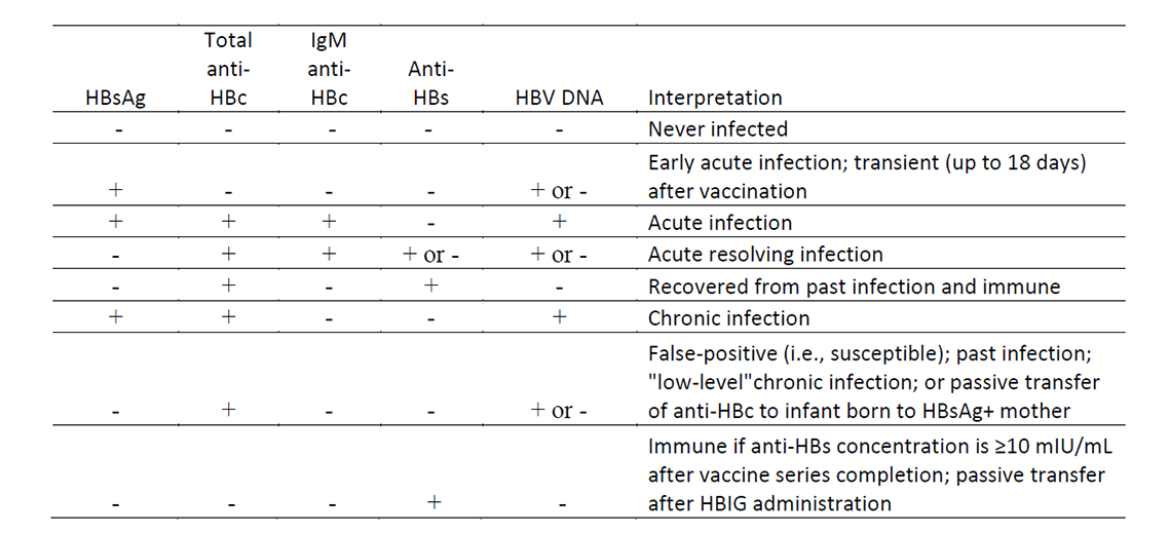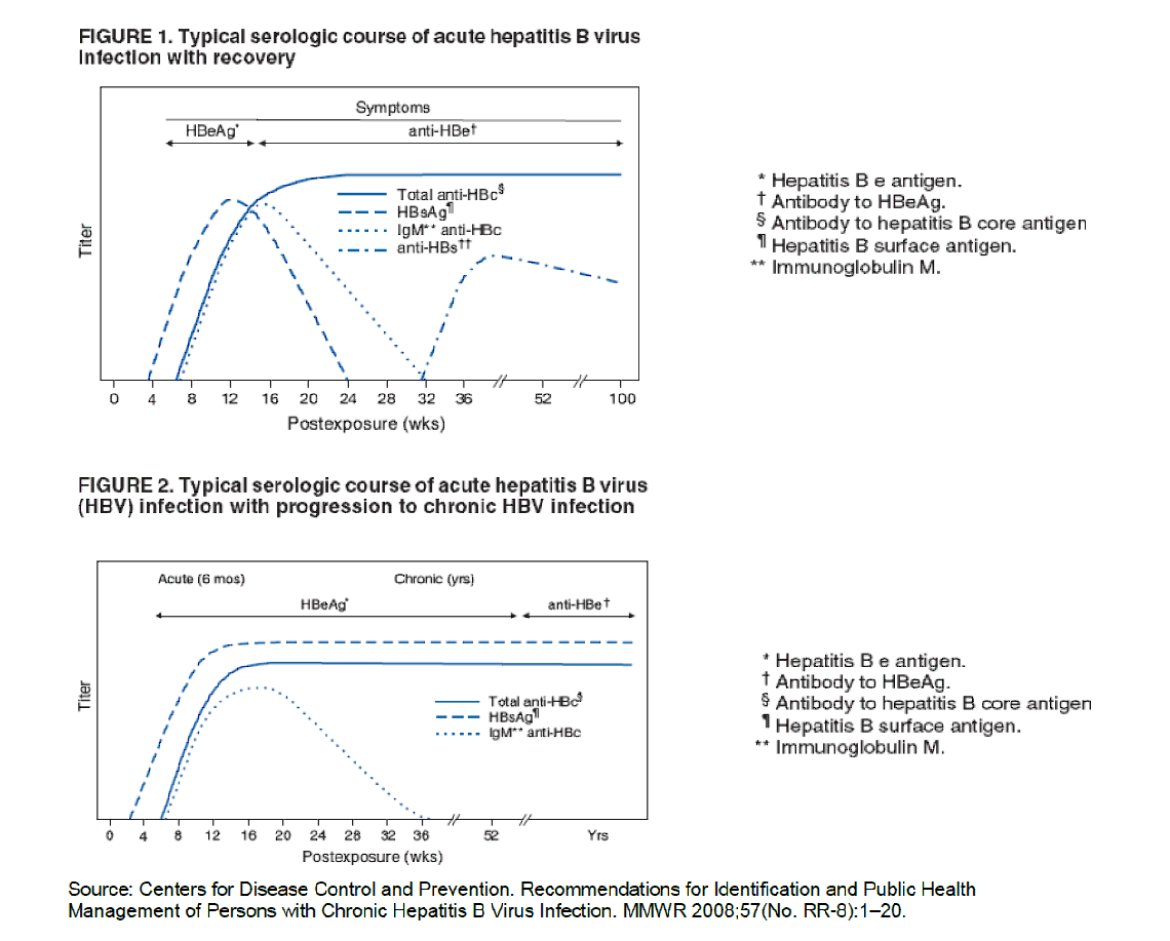Increase in Acute Hepatitis B Cases
Posted Oct. 3, 2018. Past health advisories and alerts are archived for historical purposes and are not maintained or updated.
The Spokane Regional Health District (SRHD) is alerting you to an outbreak of acute hepatitis B virus (HBV) infection that is occurring in Spokane County. An increase in the number of cases of acute HBV infection reported to SRHD began with the first onset in mid-June 2018, primarily in persons who use injection drugs and their contacts. Further testing is being done at the Centers for Disease Control & Prevention (CDC) to assist in determining relationships between the several cases that have been identified thus far. Given the impact of the opioid epidemic and continued injection drug use in our community, there is an increased likelihood that additional cases may occur. We are asking healthcare providers to:
- Remain alert to the potential for recent HBV infection, particularly in people who use injection drugs and their sex and needle-sharing contacts. It’s important to ask your patients at each visit about high risk behaviors, including injection drug use and unprotected sex.
- Persons recently infected with hepatitis B can be asymptomatic. However, if symptoms occur, onset is usually insidious with loss of appetite, right upper quadrant abdominal pain, nausea and vomiting, fatigue, and sometimes arthralgias or rash, with illness often progressing to jaundice. Liver enzyme levels may be markedly elevated. Fever may be absent or mild. Rarely, acute infections result in fulminant liver necrosis and death.
- Diagnostic testing for HBV infection can be complicated. Acute and chronic hepatitis B infections are most commonly diagnosed by identi3fying specific antigens or antibodies in the blood. The most common serologic markers and the interpretations are shown below.
- Give HBV vaccine to susceptible individuals who are at risk for infection.
Free HBV vaccine is provided at SRHD for clients of the SRHD Treatment Services Program and Needle Exchange Clients (call 509-324-1442 for more information).
People recommended to receive vaccine include:- People whose sex partners have hepatitis B
- Sexually active persons who are not in a long-term monogamous relationship
Persons seeking evaluation or treatment for a sexually transmitted disease - Men who have sex with men
- People who share needles, syringes or other drug-injection equipment
- People who have household contact with someone infected with the hepatitis B virus
- Health care and public safety workers at risk for exposure to blood or body fluids
- Residents and staff of facilities for developmentally disabled persons
- Persons in correctional facilities
- Victims of sexual assault or abuse
- Travelers to regions with increased rates of hepatitis B
- People with chronic liver disease, kidney disease, HIV infection or diabetes
- Stress prevention of hepatitis B with at-risk patients, including vaccination, condom use, safe injection practices (including referral to SRHD Needle Exchange at 1101 W College Monday to Friday from 3 pm to 5 pm, Wednesdays until 7 pm), not sharing personal hygiene products such as razors, and referral to substance use treatment and other harm reduction services.
- If you think a patient has acute HBV infection, be sure they understand how to prevent further transmission.
- Report all cases of suspected acute HBV infection to SRHD Epidemiology promptly by phone at 509-324-1442 or fax 509-324-3623. Please provide as much risk history, clinical information, and demographic information as possible so that the scope of this outbreak can be better understood on a timely basis.
Of the several cases that have been identified with onsets since mid-June 2018, most are males. The age range of cases at diagnosis are 27 to 55. Seventy five percent have evidence of injection drug use history; the others report high risk sexual activity only. Most cases reported onset in August, although new cases were recently identified.
The incubation period for HBV infection is 45-180 days (usually 60-90 days). Transmission occurs by contact with the blood, semen or vaginal secretions of an infected person. The virus is introduced through mucous membranes or broken skin. HBV may also be found at low levels in saliva and other body fluids. Infection can occur with minor blood contact, such as within a household, and often a specific exposure event cannot be determined. Persons are contagious for as long as HBsAg, HBV DNA is present in the blood, regardless of symptoms. When symptoms do occur, viremia begins several weeks before onset and lasts several months if the infection resolves (which occurs in 90-95% of adults with acute infection), or indefinitely in chronic infections.
Testing for HBV is available through commercial laboratories. Typical interpretation of test results for HBV virus infection is shown below:

A typical serologic course of acute hepatitis B with recovery or progression to chronic infection is shown in Figures 1 and 2 below. Occasionally, a person will have neither HBsAg nor anti-HBs detectable during late acute illness but may still be infectious for one to two weeks. During this “window phase,” the only positive serological test may be core antibodies (anti-HBc).

